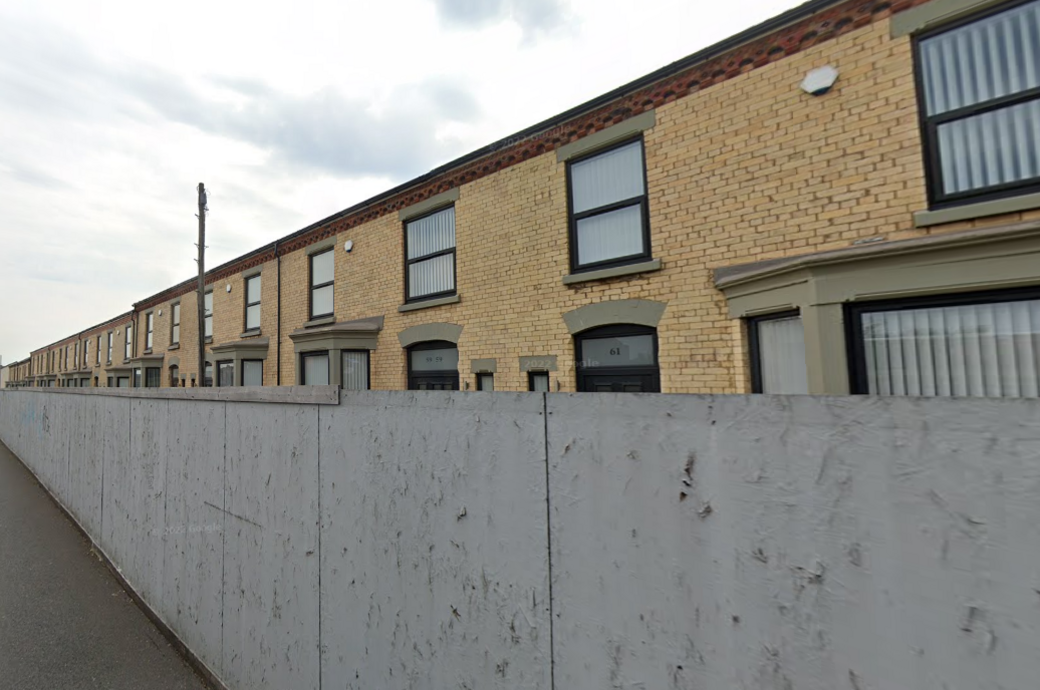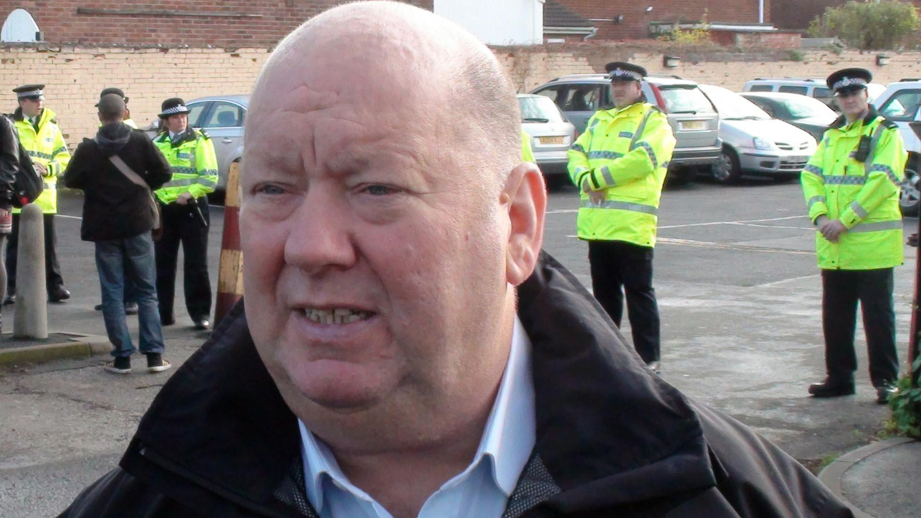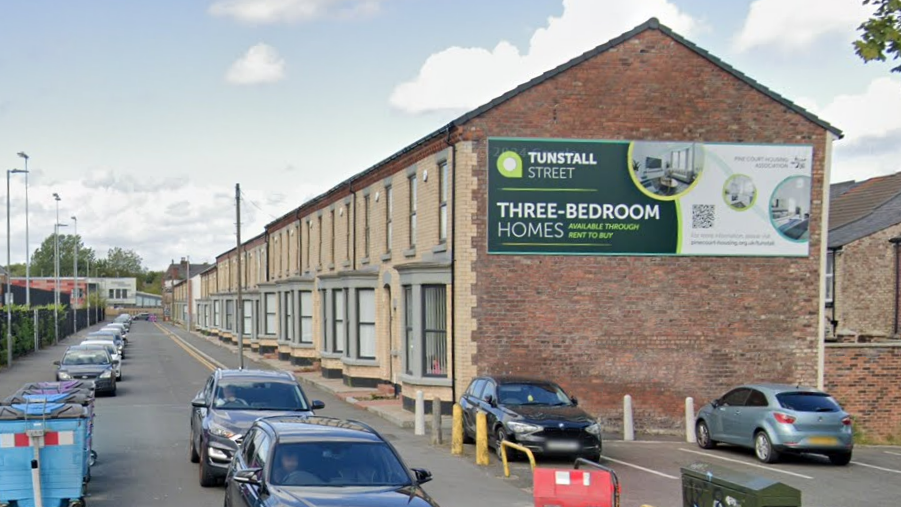Judge says taxpayers' cash 'wasted' on housing row

The homes were empty for about a year
- Published
A stand-off between a council and a developer over a £12,000 bill could ultimately cost city taxpayers hundreds of thousands of pounds.
Liverpool City Council was taken to court by Flanagan Building and Maintenance Services (FBMS) over cash the authority had withheld because of apparent "snagging issues" with homes the company had built for it.
A judge told the council "a good deal of taxpayers’ money" had been "wasted" defending a case it had little hope of winning.
While the council said it had not yet determined the final costs involved, the BBC understands its opponent's legal bill alone will be at least £100,000.
FBMS - part of the Flanagan Group - won the tender to refurbish 25 houses in Tunstall Street in the city’s Smithdown Road area in 2018.
The £2.5m contract was awarded to FBMS by Liverpool Foundation Homes (LFH), the housing association set up by the council under the city's former mayor Joe Anderson.

Liverpool Foundation Homes was set up during the era of ex-Mayor of Liverpool Joe Anderson
The houses were completed in 2021 but the majority remained empty until 2022.
Council officers then said they had found "snags" such as stains and leaks around bay window roofs - problems FBMS said might have been down to defective windows or the houses having been left empty for so long.
A first court case saw the council advised to go into mediation over the £12,000 it had held back, but it instead decided to defend the claim in a higher court - and lost.
Recorder David Knifton KC said there was "very little evidence" of the snags and "no evidence the defects appeared" within the three-month window in which the builders would have been obliged to fix any issues.
He said in his judgment: "A good deal of taxpayers' money has been wasted in contesting a claim for which [the council's] prospects of success were, in the light of the evidence adduced, minimal."
FBMS told the BBC the council had made "inexplicable decisions that meant money was wasted after completion of the scheme".
It laid some of the blame for the "negative approach and refusal to recognise contractual responsibility, or to compromise" at the door of government-appointed commissioners who took over running the council in 2020.
'No oversight'
In 2021 the government's lead inspector, Max Caller CBE, outlined "serious failings" in the way the council was run – and highlighted how it had potentially missed out on about £1m of income because of deals it did with the Flanagan Group.
Mr Caller said schemes which saw land sold to the company for as little as £1 had "enabled a local contractor to construct housing (but only where it chose to) at no risk to itself or its profit margins".
He said options other than selling the land to the company were not "effectively tested" and the deals took place "without any apparent oversight or challenge through proper scrutiny processes".
The Tunstall Street homes, which were not featured in the Caller report, were sold by the council's now defunct LFH company to another housing association for £3.2m last year.
FBMS claimed that price was about £1.3m below the gross value of the scheme.

Opposition leaders have questioned why the council decided to go ahead with the court case
On the cost of the court case, an FBMS spokesman said: "If we take into account all the legal and non-legal costs on both sides, we would guess that potentially over £200,000 has been wasted."
Liberal group leader Steve Radford said he was still waiting for answers about the case.
He said: "It is important we are told on whose advice the council decided to continue throwing money down the drain, rather than go through mediation.
"As yet, I have had no answers as to who is responsible for this huge waste of public money, where rather than pay £12,000 it owed, the council has ended up with a bill potentially 20 times that amount."
A Liverpool City Council spokesman said the case stemmed from a "historic issue" and "did not represent the current operating model of the council".
The spokesman added: "All transactional issues with commercial third parties are now subject to a rigorous process to ensure best value is delivered for our residents.
"Court costs for this case, for which the council’s position was supported by both internal and external legal advice, have not yet been determined."
Listen to the best of BBC Radio Merseyside on Sounds and follow BBC Merseyside on Facebook, external, X, external, and Instagram, external. You can also send story ideas to northwest.newsonline@bbc.co.uk, external and via Whatsapp to 0808 100 2230.